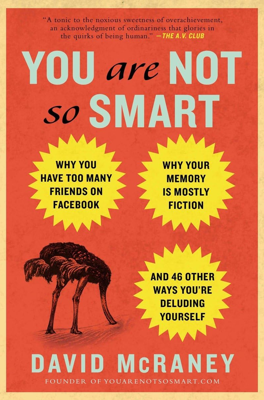The Argument From Ignorance
Misconception vs. Truth
Misconception:
When you can’t explain something, you focus on what you can prove.
Truth:
When you are unsure of something, you are more likely to accept strange explanations.
Wonder and Mystical Thinking
- The natural world often elicits a sense of wonder due to the vast amount of things we don't know.
- People can fall into mystical thinking when comparing known facts to unsolved mysteries.
- Science can explain many phenomena that might otherwise be seen as magical or beyond comprehension.
Influence of Mystical and Paranormal Beliefs
- Shows like Unsolved Mysteries and The Unexplained thrive on unsolved or spooky phenomena that science could potentially debunk.
- Mystical New Age tools (e.g., crystals, dowsing rods) exploit our tendency to seek patterns and causes.
Argument from Ignorance Fallacy
- Definition: Believing something is true or false solely due to the lack of evidence proving otherwise.
- People often view all possible causes as equally probable when they can’t definitively prove one.
Common Misconceptions from Argument from Ignorance
- Paranormal activities (hauntings, UFO sightings, cryptids) often gain credence because of the inability to disprove them.
- Lack of evidence for fantastical entities (e.g., leprechauns, unicorns) does not increase their likelihood of existing.
- Phenomena (e.g., life on other planets) are often believed in without evidence, yet lack of evidence doesn’t make them more likely.
Practical Examples
- Not disproving something (e.g., a book not coming to life when you’re away) doesn’t substantiate it.
- Cognitive biases can lead individuals to believe in extraordinary claims without sufficient evidence, such as historical revisionism or conspiracy theories.
Conclusion
- Lack of proof neither confirms nor denies a proposition.
- Critical thinking and acceptance of scientific evidence over open-mindedness without skepticism are essential to avoid the argument-from-ignorance fallacy.
